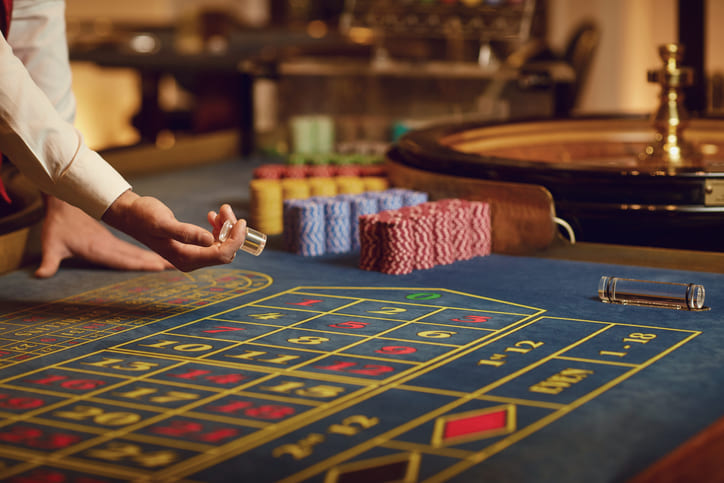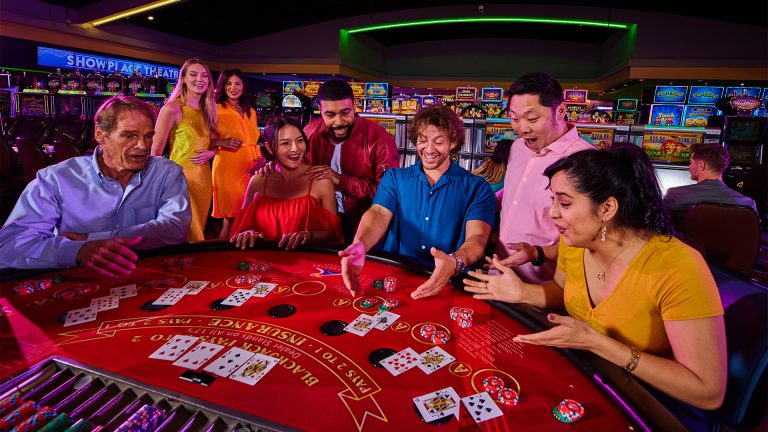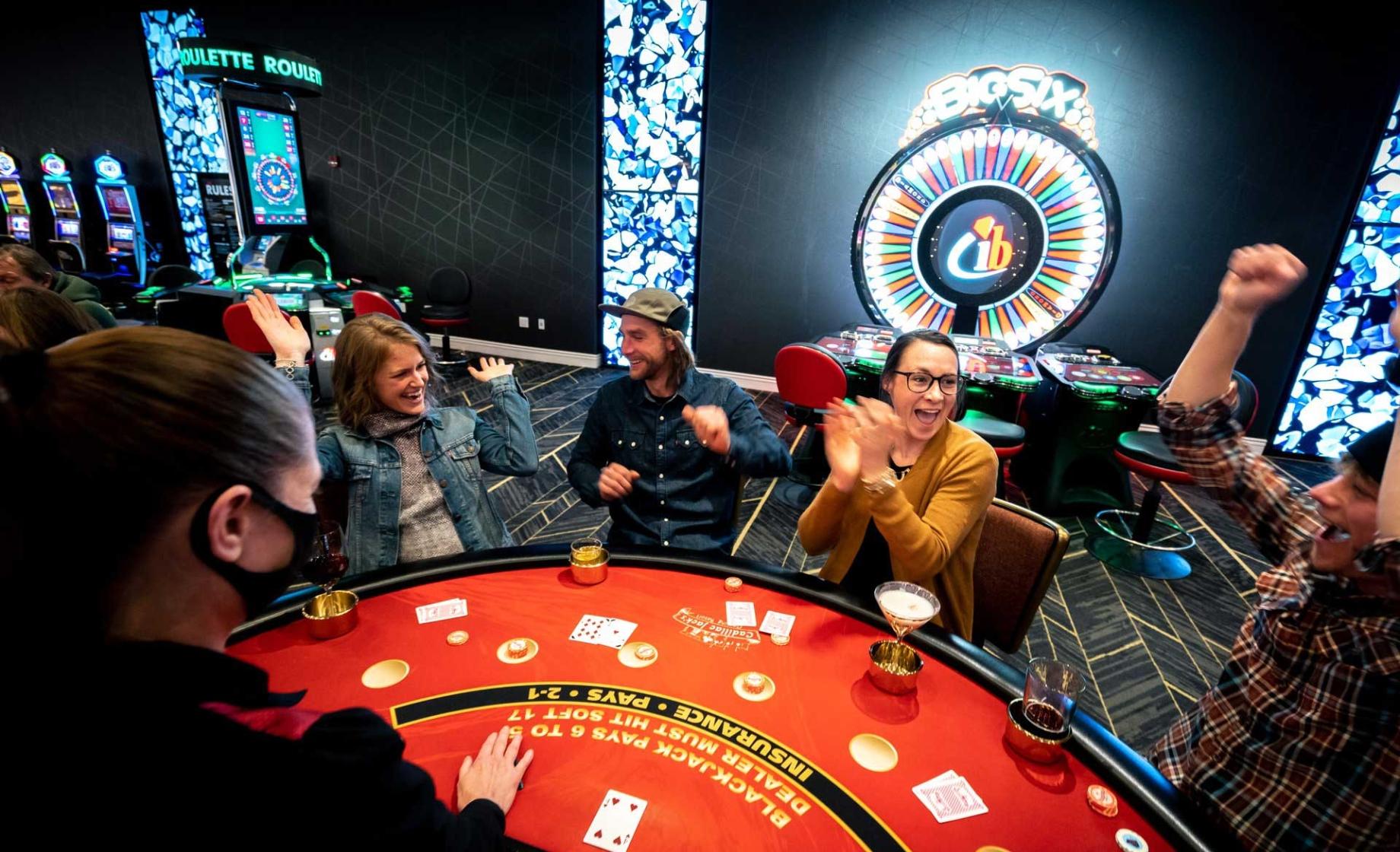
The Hidden Belief Behind Every Spin
Online gambling is rarely just about chance – it is also about belief. When players enter platforms such as Need for Spin casino, they often bring with them not just strategies and bankrolls, but also subtle rituals and mental codes. Many gamblers hold the conviction that they can influence or even program their own luck – through gestures, patterns of thought, or personal rituals.
This is not merely superstition. It is a deep psychological phenomenon: the desire to inject agency into a world built on randomness. The idea of “self-programming” luck makes players feel less like passive spectators and more like active participants in their fate.
But why do so many people believe they can bend probability with intention? And how does this self-programming manifest in casinos – both offline and online?
The Psychology of Self-Programming
The Illusion of Control
Psychologists call this the “illusion of control”: the belief that one’s thoughts or behaviors can influence outcomes that are, in reality, entirely random. In casinos, this illusion is magnified by the sensory environment – flashing lights, sounds, and the responsive feel of buttons.
Rituals as Micro-Programs
Players often build micro-rituals before pressing “spin.” Tapping the button three times, breathing deeply, or even repeating a lucky phrase becomes a self-imposed code, an attempt to “program” success.
Historical Roots of Luck Manipulation
Ancient Beliefs in Fortune
From Roman dice games to medieval lotteries, humans have always linked rituals with outcomes. Carrying charms, reciting prayers, or invoking deities was a way to negotiate with fate.
Modern Echoes in Digital Play
Online casinos translate these same impulses into digital form. Instead of throwing dice, players now refresh pages, change slots after certain intervals, or time their spins based on intuition.
Online Casino as a Playground for Self-Programming
Customizable Interfaces
Casino platforms often allow players to adjust speed, autoplay, or visuals. These options create the sense that one’s settings might “optimize” luck, even when outcomes remain random.
The Role of Algorithms
Ironically, the randomness of modern RNG (random number generators) is absolute. Yet players perceive patterns – believing they can “tune” themselves into the rhythm of the algorithm.
The Neuroscience of “Adjusting Luck”
Dopamine Loops
When a player believes their ritual works, dopamine spikes are stronger. The brain wires the ritual into the cycle, making self-programming feel real.
Anchoring and Pattern Recognition
The human brain is designed to see patterns. When luck coincides with a ritual, memory cements the connection, convincing the player that they influenced the outcome.
Case Studies of Self-Programming
The Slot Machine Whisperer
Some gamblers claim they “talk” to slots – whispering encouragement or threats. They report that the machine “responds,” reinforcing their belief.
The Roulette Timer
Others swear by timing: only placing bets after a wheel has landed on red three times, for example. The logic is flawed, but the sense of control is empowering.
Why Self-Programming Feels Empowering
Emotional Insurance
By believing they can adjust luck, players protect themselves from the full randomness of defeat. Losses feel less cruel when framed as “the ritual didn’t work this time.”
Personal Mythology
Self-programming builds a personal story. The player becomes both gambler and magician, scripting their own myth within the casino.
When Self-Programming Turns Dangerous
The Risk of Overconfidence
Believing one can influence outcomes can lead to reckless betting. Wins are credited to rituals; losses are dismissed as anomalies.
Addiction Amplified
Self-programming keeps players hooked. Every ritual is a chance to “get it right,” prolonging play sessions far beyond rational limits.
Cultural Variations of Casino Self-Programming
East vs West Beliefs
In Eastern cultures, luck is often linked to harmony and timing. Western players, by contrast, lean toward individual control – charms, lucky numbers, personal codes.
Digital Globalization of Rituals
In online communities, gamblers share “methods” to adjust luck: specific times of day, device settings, or betting sequences. These modern myths spread quickly, reinforcing belief.
The Future of Self-Programming in Gambling
Gamification of Luck
Casinos may increasingly lean into this psychology – offering features that encourage rituals, like “lucky modes” or interactive bonuses.
AI and Personalized Rituals
Imagine future casinos analyzing a player’s rituals and building tailored experiences, reinforcing the illusion that luck can be adjusted.
Expert Insights: The Beautiful Trap of Agency
Behavioral economists argue that casinos thrive because they give players both randomness and agency. The self-programming belief is not a bug – it’s the core design feature.
Conclusion: The Self-Made Illusion
Casinos are not just places of chance – they are arenas of belief. The idea that one can “adjust” luck through rituals, thoughts, or behaviors makes the randomness feel personal. Casino platforms amplify this illusion, offering players a canvas to paint their own myths of control.
But behind the beauty of this belief lies a truth: no ritual can change probability. What it can change, however, is the experience – transforming gambling into a stage where the player feels both magician and hero of their own drama.



